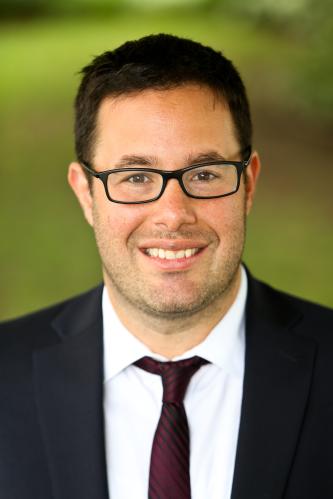Dany Bahar was a nonresident senior fellow in the Global Economy and Development program at the Brookings Institution. He was previously a senior fellow and David M. Rubenstein Fellow at Brookings.
Select experts
Select program
Select topics
Select regions
Filter by
Language
Date
